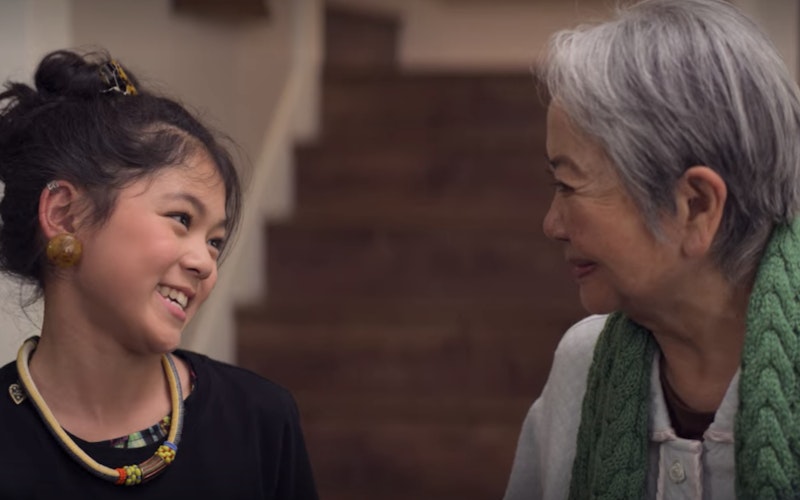
TV
Faithful Weirdos in The Baby-Sitters Club
I’m not sure how old I was when I started reading The Baby-Sitters Club books, but I know I was young enough that the 13-year-old babysitters (and the 11-year-old junior members) seemed much older and more mature than me. Like many of my Xennial peers, I devoured Ann M. Martin’s series, reading at least 100 of the regular installments, plus several Super Specials, Mysteries, and Super Mysteries.
You can imagine my excitement and trepidation when I learned about the new Netflix series adapting the books for a modern audience. With relief, I discovered that the show’s creators somehow managed to capture the spirit of the books while adapting them for the present.
They’ve also given the books a depth I didn’t notice when I was younger. Many stories about independent kids require parents to be absent or clueless to enable the kids to do more. Others employ adults as one-dimensional sages to deliver the moral of the story. While babysitting allows the tween protagonists to exercise independence and judgment without adults around, The Baby-Sitters Club also portrays diverse, realistic intergenerational relationships within and across families.
Throughout the 10-episode season, parents are shown offering wise advice, making mistakes, and apologizing. They back up their kids and hold them accountable, while growing and changing themselves and responding to changes, both good and bad. At the end of one episode, a character reflects, “Parents are just older weirdos doing the best they can, like the rest of us.” The fact that one of the mothers is played by Alicia Silverstone—best known for her role as 1990s teen queen Cher in Clueless—underscores this point. Parents are former kids; they know more now but they’re still just doing their best as they try to figure things out.
The show gives the books a depth I didn’t notice when I was younger.
The fullness of the families on The Baby-Sitters Club reminds me of the complex family relationships in the Bible. Isaac picks favorites between his twin children, but then knows them so little he is fooled by a disguise. David’s son Absalom leads a coup against him. Of course, there are stories of love too—the cleverness of Moses’ family in hiding and protecting him, for example. The loyalty of Ruth and Naomi. God works through family relationships, even the bad ones. Our differences and weirdnesses are part of God’s beautiful, complex, detailed creation. God didn’t make identical gingerbread people; he made endless variations and uses those differences for his glory.
I see these truths play out in The Baby-Sitter’s Club. Family relationships are complex and challenging, but also places where God’s work of renewal takes place. In “Claudia and Mean Janine,” for instance, Claudia’s beloved grandmother Mimi (Takayo Fischer) has a stroke. Claudia (Momona Tamada) and her older sister Janine (Aya Furukawa) don’t get along. Janine is studious and not very emotionally expressive. Claudia struggles with math but excels in art. When they are trying to interact with their grandmother, who is speaking with limited vocabulary post-stroke, Claudia’s world and identity are shaken. Previously, she had been sure of two things: that she is an artist and Mimi understands her. Her faith in both of those is challenged by events in the episode, yet it is restored as her sister helps her use her skill at drawing to connect with her grandmother’s memories and help her to communicate. Janine also tells Claudia about Mimi’s childhood in an internment camp, which Claudia didn’t know about. In this episode, the differences that cause tension between the two sisters allow them to work together to restore relationships within their family.
Claudia and Janine’s tension reminds me of a pair of biblical siblings: Jacob and Esau, Isaac’s sons. As with Claudia and Janine, the differences between them become fodder for blessing, and the sibling who is less favored and less impressive is seen and honored by God. (This is something God does over and over in the Bible.) Claudia feels misunderstood and undervalued by her parents, but the things that make her unique are important to her grandmother and in the story.
There’s a lot more I could say about the way The Baby-Sitters Club delights in family differences and intergenerational relationships. (Marc Evan Jackson’s performance as overprotective widower Richard Spier is especially charming.) But as I reflect on the series and my love for the novels, I’m grateful for a God who sees us in our weird familial relationships and works through us anyway.
Topics: TV